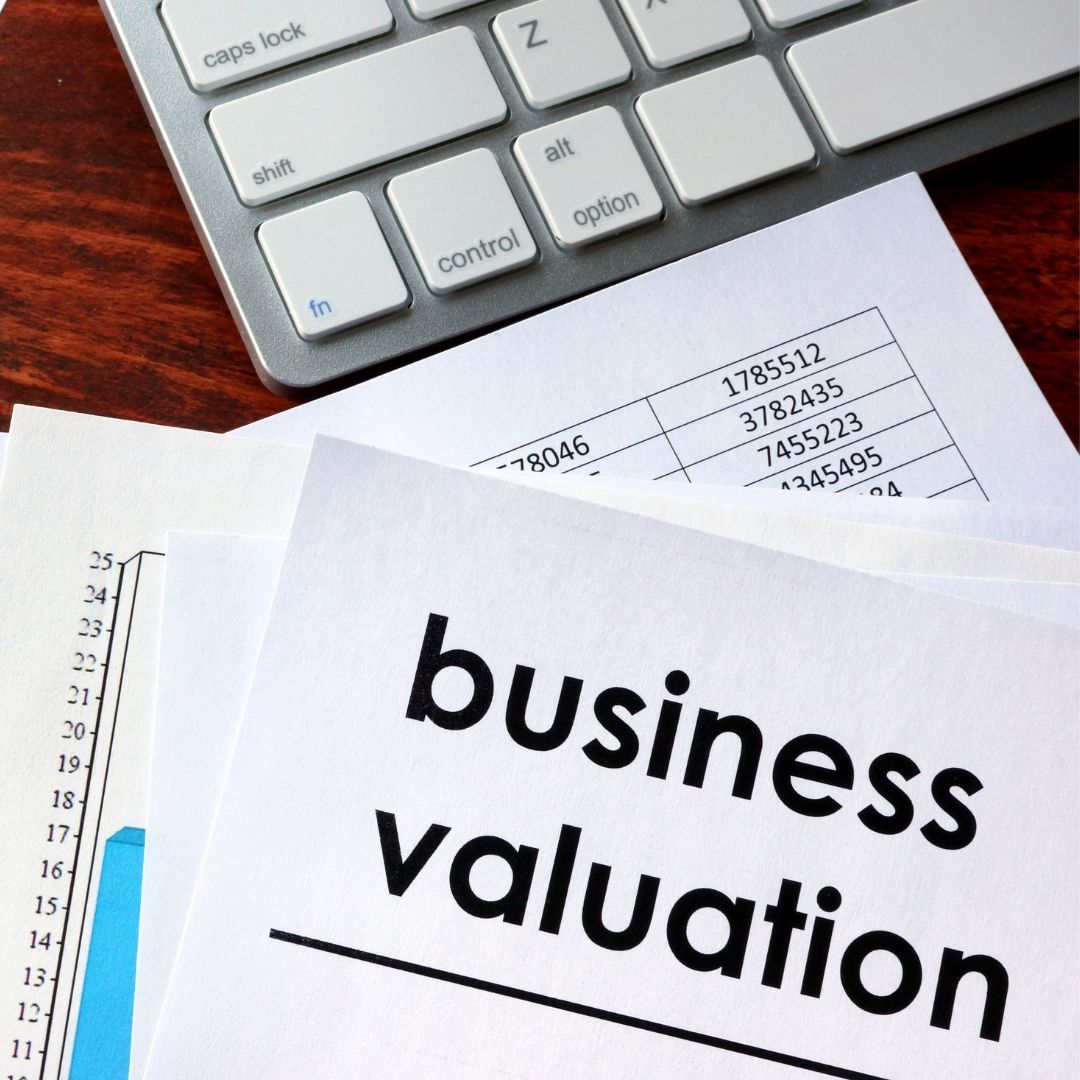November 9, 2023
Selling a business is a significant decision that requires careful consideration and planning. It's not just about the financial aspects; it's also about timing, personal goals, and the readiness of your business for a transition. Evaluating Business Performance One of the primary considerations when deciding to sell or exit your business is its current performance and financial health. Here are key performance indicators to assess: Revenue and Profitability Evaluate your business's revenue trends and profitability. Is it on an upward trajectory, or have there been recent declines? A business with consistent growth is typically more attractive to buyers. Market Conditions Consider the current market conditions and industry trends. Is your business in an industry that's growing, stable, or declining? Buyers often seek businesses in thriving or stable sectors. Debt and Financial Obligations Examine your business's debt load and financial obligations. High levels of debt can reduce your selling price and limit your options for exit. Customer Base and Retention A strong and loyal customer base adds value to your business. High customer retention rates can make your business more appealing to buyers. Personal Goals and Readiness Your personal goals and readiness for a transition play a crucial role in the decision-making process: -Retirement Plans Consider your retirement plans and financial security. Selling your business may be a way to secure your retirement, but timing is essential to ensure you have enough funds. -Health and Lifestyle Your health and desired lifestyle can influence your decision. If you're looking for more leisure time or want to pursue other interests, selling might be the right choice. -Family and Succession Planning If you have family members or employees you want to pass the business to, succession planning becomes a critical factor. It may take time to prepare the next generation for leadership. -Business Value and Market Conditions The market conditions for selling a business can significantly impact your decision: Business Valuation Determine the current value of your business through a professional valuation. Understanding its worth is crucial for setting realistic expectations and negotiating a fair deal. Market Demand Assess the demand for businesses in your industry and size category. A seller's market with high demand can result in better offers. Timing and Preparation Timing is everything when selling or exiting your business: Exit Planning Proper exit planning can take years, so start early. This includes getting your financials in order, improving business processes, and identifying potential buyers or successors. Economic Conditions Consider economic conditions, both local and global. A robust economy can lead to better selling prices, while a recession might necessitate a delay. Personal Readiness Are you emotionally prepared to let go of your business? Selling can be an emotional process, and it's crucial to be mentally ready for the transition. Exit Options Evaluate your exit options. Selling your business isn't the only choice: -Passing It On If you have a family member or employee who wants to take over, passing the business on can be a fulfilling option. -Liquidation In cases where the business isn't profitable or marketable, liquidation might be the best choice to salvage remaining assets. -Mergers and Acquisitions Merging with or being acquired by another company can provide growth opportunities and a strategic exit. Deciding when to sell or exit your business is a complex decision that depends on a combination of factors, including business performance, personal goals, market conditions, and timing. Seek guidance from financial advisors, business brokers, or mentors to make an informed decision that aligns with your objectives. Whether you choose to sell or exit, a well-planned transition can pave the way for a successful and fulfilling next chapter in your professional journey.











